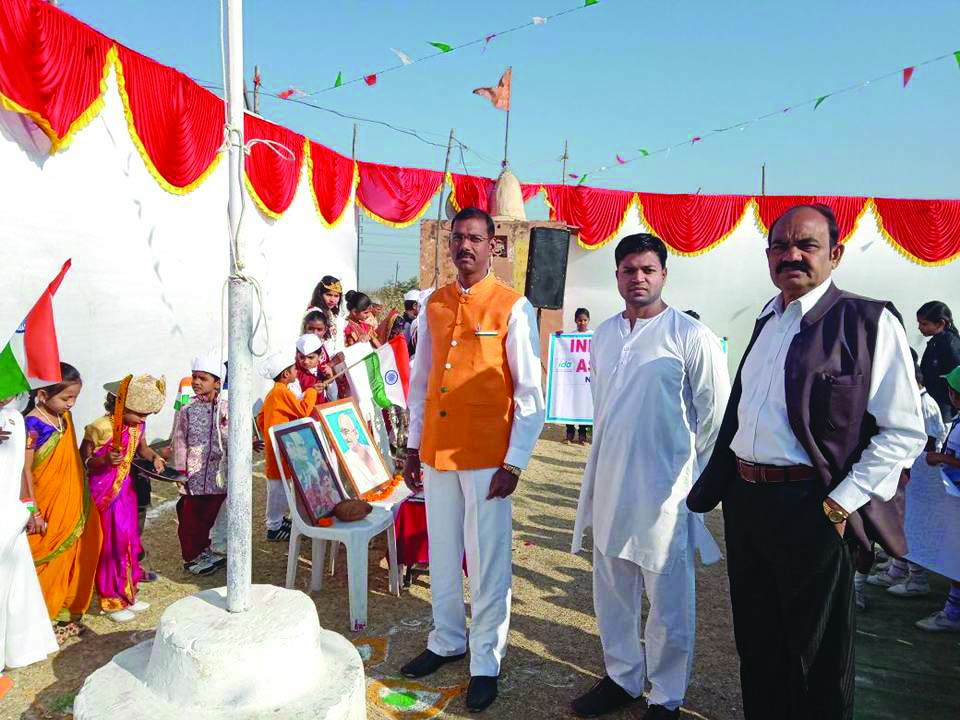Dipta Joshi (Mumbai)
A peremptory circular issued on May 19 to Maharashtra’s 21,000 non-minority private independent (‘unaided’) schools by the Shiv Sena-led Maharashtra Vikas Aghadi (MVA) coalition government, has dismayed private school managements battling the vicissitudes of the Covid-19 pandemic, and has raised the prospects of another round of courtroom battles. In the circular, the state government announced a 60 percent reduction of its obligatory per-pupil payment to private schools that have admitted free-of-charge children from poor households into classes I-VIII.
Under s.12 (1) (c) of the landmark Right of Children to Free & Compulsory Education (aka RTE) Act, 2009, non-minority private schools are obliged to reserve 25 percent of capacity in classes I-VIII for poor neighbourhood children aged between 6-14 years. However, under s. 12 (2) of the Act, the State (state or local government) is directed to pay private schools that admit poor children tuition fees equivalent to the per-pupil cost incurred by state/local governments in their own primary schools or actual fees of private schools, if lower.

Kalbande (left): malicious intent
The May 19 circular, pertaining to the recently concluded academic year 2020-21 during which all schools statewide were shut down and children learned as best as they could from home, slashes government payout to schools to Rs.8,000 from the liable Rs.17,670 per pupil per annum. This enabled the MVA government to save a paltry Rs.240 crore of the Rs.400 crore it would have had to pay the state’s private primary schools.
Since the RTE Act, 2009 became law on April 1, 2010, state governments have been short-changing private schools admitting s.12 (1) (c) children. Although s.12 (2) unambiguously requires government to pay private schools the per-pupil cost it incurs in its own primary/elementary (classes I-VIII) schools, it has fudged its per-pupil expenditure.
According to the Delhi-based Centre for Policy Research, per-pupil expenditure in free-of-charge government schools in Maharashtra is Rs.25,500 per year and the Central government calculates a national average of Rs.28,008 per pupil per year. Against this, the Maharashtra state government had committed to pay private schools Rs.17,760 per child per year. But even of this amount since the Act was first enforced in the state in 2011-12, the state government owes Rs.677 crore to private schools as arrears for the years 2018-19 and 2019-20.
The May 19 circular applicable with retrospective effect from the start of the recently concluded academic year, could well sound the death knell for the state’s budget private schools (BPS) which have been struggling to stay afloat because of the mandatory closure of all schools statewide following outbreak of the Covid-19 pandemic in March 2020. “There is no official explanation for reducing the reimbursement amount. If the government believes that our costs were reduced because of schools closure, then it must answer why all government school teachers were paid full salaries during the lockdown. The government cannot have different rules for government and private schools. There seems to be a malicious intent to push private schools over the edge by taking advantage of the pandemic,” says Sachin Kalbande, president of the Nagpur-based RTE Foundation, which represents 3,000 BPS state-wide.
The government’s callous response to the plight of budget private schools reinforces mala fides suspected by the RTE Foundation. After all it’s hardly a secret that low-fees levying budget private primaries which offer better learning outcomes and all-important English education, pose an existential threat to government primaries experiencing a steady flight of students to BPS. In none of the pandemic relief packages announced by the Central and/or Maharashtra government has any relief been provided to private unaided school managements to tide over the crisis.
On the contrary, there’s been continuous pressure on them to continue to pay teachers and staff salaries in full, and incur expenses to switch to online learning. What better time to deliver the knockout blow?
Also Read: Karnataka: RTE quota students face discrimination in some private schools


























